T4K3.news
Rabies risk at Grand Teton cabins
Health officials say visitors who stayed in the affected cabins should seek medical advice if exposed.

Health officials warn visitors who stayed in bat-infested cabins at Jackson Lake Lodge of possible rabies exposure.
Rabies risk at Grand Teton cabins following bat infestation
Eight cabins at Jackson Lake Lodge in Grand Teton National Park had bats in the attic. A small number of dead bats were tested at the Wyoming State Veterinary Laboratory; none were positive for rabies as of Friday. Officials say the bats likely numbered in the dozens in the attic, and other bats were seen or shooed away without entering living spaces. Given the risk of unseen bites, health authorities alerted people who stayed in those cabins to seek prompt medical advice if they may have been exposed.
About 250 reservations were booked through late July, with up to 500 people potentially affected. Health agencies in 38 states and seven countries are coordinating outreach, with the CDC involved for international visitors. No plan exists to exterminate the bats, and devices have been installed to prevent reentry after bats fly out to feed. Health officials emphasize that post exposure prophylaxis, given soon after exposure, is highly effective, but keep the risk in perspective since most bats do not carry the virus.
Key Takeaways
"What we’re really concerned about is people who saw bats in their rooms"
Dr. Alexia Harrist on exposure concerns
"There are no plans to exterminate the bats"
Emily Davis Park spokesperson
"A five-shot prophylactic regimen over two weeks is highly effective"
Dr Harrist on treatment effectiveness
"Devices fitted to the building are keeping the bats from getting back in"
Emily Davis Park spokesperson
This episode tests how public health officials communicate risk when science is still evolving. The broad alert to guests across borders shows a commitment to precaution even when tests are negative. It also highlights how wildlife in popular parks complicates safety planning for visitors and for events at the lodge. If this leads to new safety measures or bat management rules in national parks, it could shape how authorities handle similar infections in future seasons. The core takeaway is that clear, steady messaging matters as science moves from observation to action.
Highlights
- What we’re really concerned about is people who saw bats in their rooms
- There are no plans to exterminate the bats
- A five-shot prophylactic regimen over two weeks is highly effective
- Devices fitted to the building are keeping the bats from getting back in
Public health alert prompts scrutiny over safety and messaging
Health officials issued a broad exposure notice affecting guests across many states and countries. The approach invites questions about testing, wildlife management, and communication in a popular national park.
The park will continue to monitor bat activity and keep visitors informed.
Enjoyed this? Let your friends know!
Related News
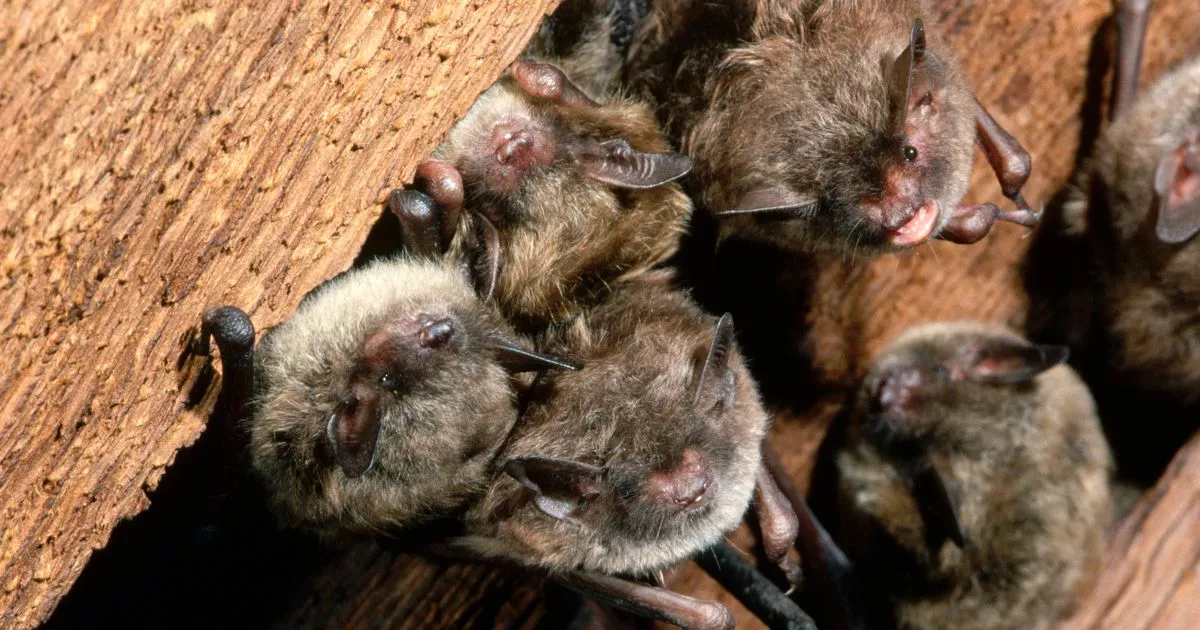
Rabies risk at Grand Teton cabins after bat infestation
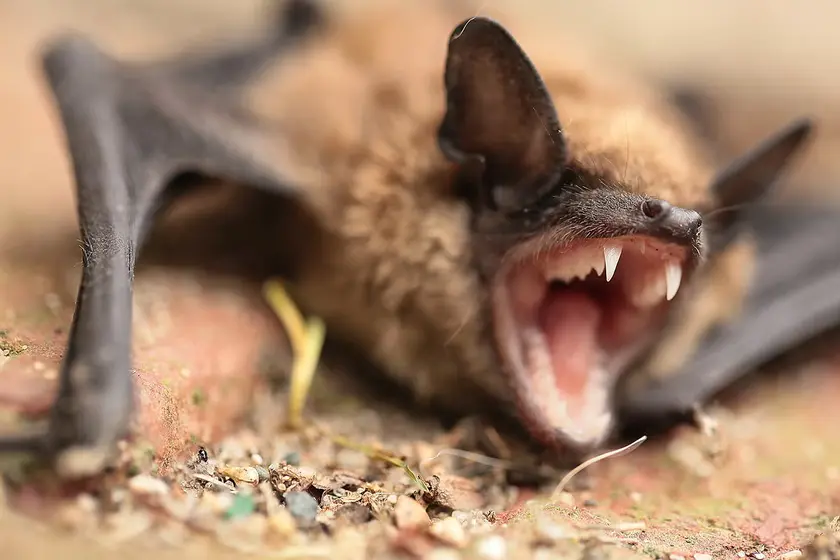
Rabies exposure risk prompts health alert

Rabies exposure alert issued

Rabies risk in Grand Teton cabins

Rabies risk at Grand Teton Lodge
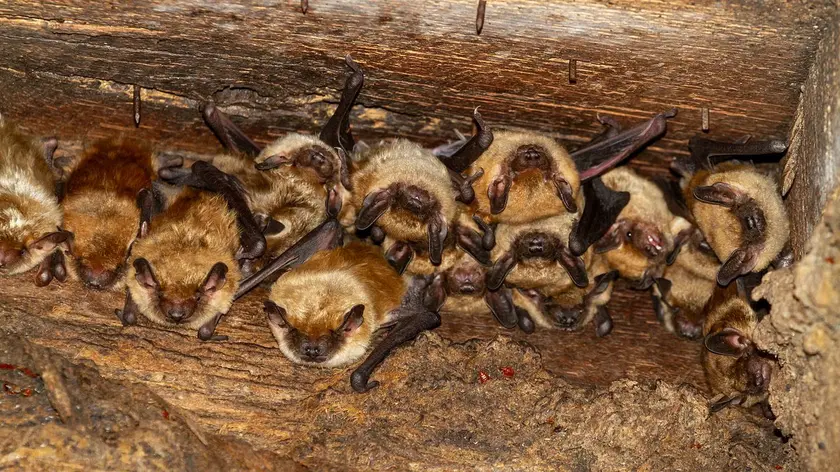
Rabies exposure investigation at Grand Teton lodge
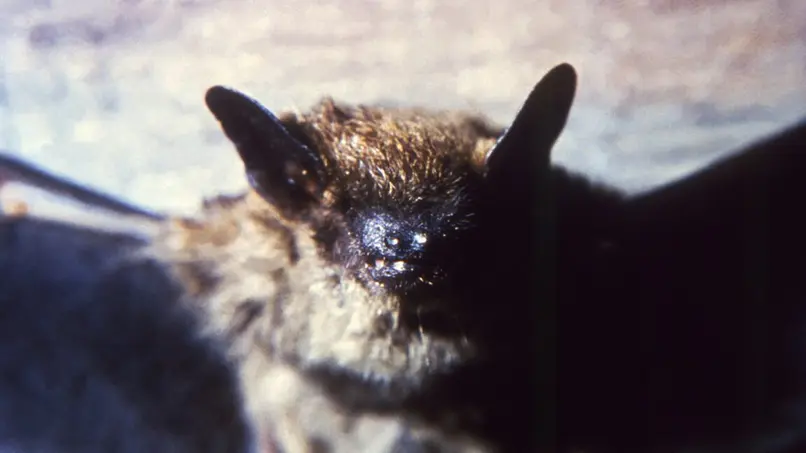
Rabies exposure alert at Grand Teton lodge
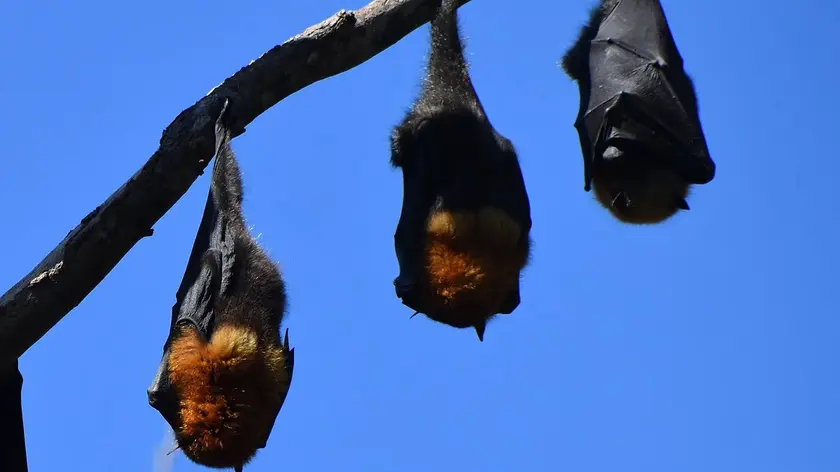
Rabies risk prompts nationwide warnings
